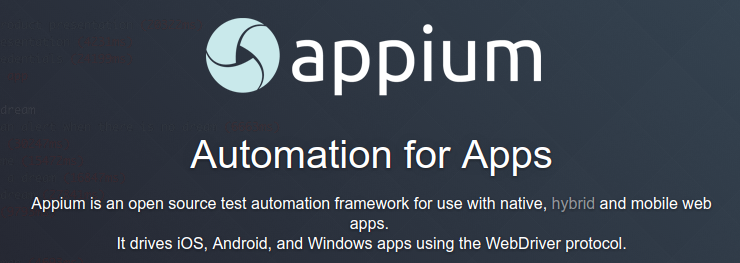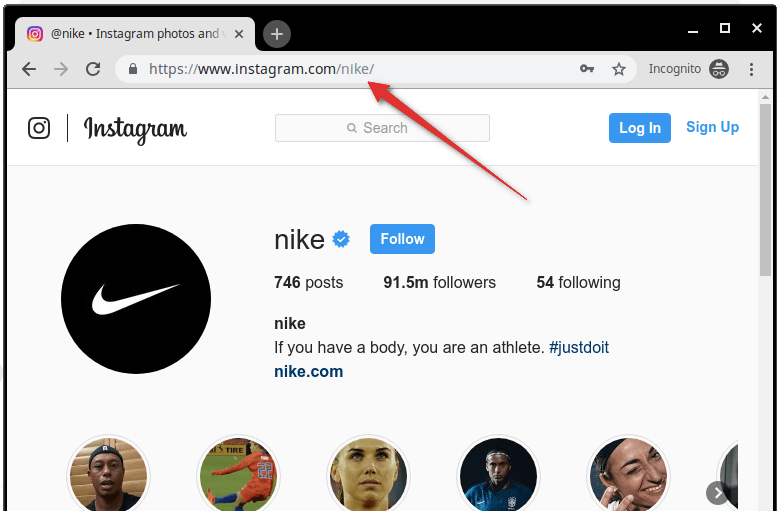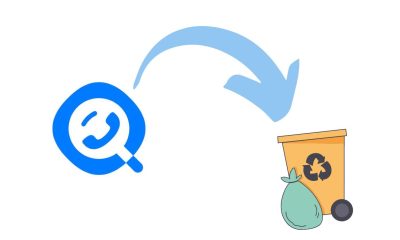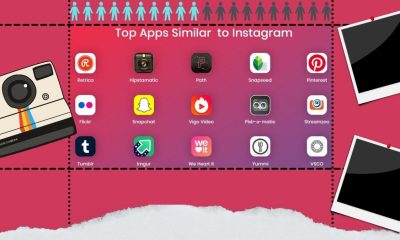Testing Tools
10+2 Superior Automated Testing Tools for Mobile Apps

A collection of the best Mobile test automation tools than you can use to test your Mobile Apps.
Testing Tools for Native or cross-platform applications
1. Appium
-free
An open-source mobile test automation tool to test Android and iOS applications. It supports C#, Java, Ruby, and many other programming languages that belong to WebDriver library.

2. Selendroid
-free
Being one of the leading test automation software, Selendroid tests the UI of Androids based hybrid and native applications and mobile web.

3. MonkeyTalk by Oracle
-close
MonkeyTalk automates the functional testing of Android and iOS apps.
4. Bitbar Testing
-from $ 99 / month

It is one of the best platforms to test your iOS and Android devices that are having different screen resolutions, OS versions, and HW platforms.
5. Calabash
-free

Calabash works efficiently with .NET, Ruby, Flex, Java and other programming languages.
6. SeeTest
-have trial

SeeTest Automation is a cross-platform solution. It allows to run the same scripts on different devices.
Android Automation Testing Tools:
1. Robotium
-free
-android
Again an open-source tool to test Android applications of all versions and sub-versions.

2. monkeyrunner
-free
-android
MonkeyRunner is specifically designed for the testing of devices and applications at the framework/functional level.
3. UI Automator
-free
-android
In order to test the user interface of an app, UI Automator creates functional Android UI test cases. It has been recently expanded by Google.
Automation iOS Testing Tools:
1. Frank
-free
-iOS

Frank allows to test only iOS applications and software. The open-source framework combines JSON and Cucumber.
2. KIF for iOS
-free, open-source
KIF stands for Keep It Functional. It is an open source framework developed for iOS mobile app UI testing. It utilizes the Accessibility APIs built into iOS in order to simulate real user interactions. Tests are written in Objective-C, which is already familiar to iOS developers, but not test teams. Apple’s switch to Swift makes its use of Objective-C a disadvantage going forward.
3. iOS Driver for iOS
-free
iOS Driver utilizes Selenium and the WebDriver API for testing iOS mobile apps. Its default is to run on emulators, where execution is faster and scalable. The current version works with devices, but actually executes more slowly in that case. No app source code requires modification and no additional apps are loaded on the device under test. iOS Driver is designed to run as a Selenium grid node, which improves test speed as it enables parallel GUI testing.
At the moment, there appear to be many test framework solutions looking for problems, but that is to be expected as mobile app development and testing tools continue to be developed at a rapid pace. Every framework has its pros and cons, each of which should be weighted relative to the needs of the testing organization and the software products being delivered.
Inspiration

-

 Marketing Tips2 days ago
Marketing Tips2 days agoWhat is my Instagram URL? How to Find & Copy Address [Guide on Desktop or Mobile]
-

 Business Imprint4 days ago
Business Imprint4 days agoAbout Apple Employee and Friends&Family Discount in 2024
-

 App Development4 days ago
App Development4 days agoHow to Unlist your Phone Number from GetContact
-

 News5 days ago
News5 days agoOpen-Source GPT-3/4 LLM Alternatives to Try in 2024
-

 Crawling and Scraping5 days ago
Crawling and Scraping5 days agoComparison of Open Source Web Crawlers for Data Mining and Web Scraping: Pros&Cons
-

 Grow Your Business2 days ago
Grow Your Business2 days agoBest Instagram-like Apps and their Features
-

 Grow Your Business5 days ago
Grow Your Business5 days agoHow to Become a Prompt Engineer in 2024
-
Marketing Tips2 days ago
B2B Instagram Statistics in 2024





I think this is one of the such a lot vital information for me. And i’m happy reading your article. But should observation on few general issues, The site taste is great, the articles is really nice : D. Good activity, cheers